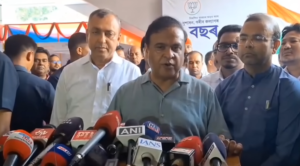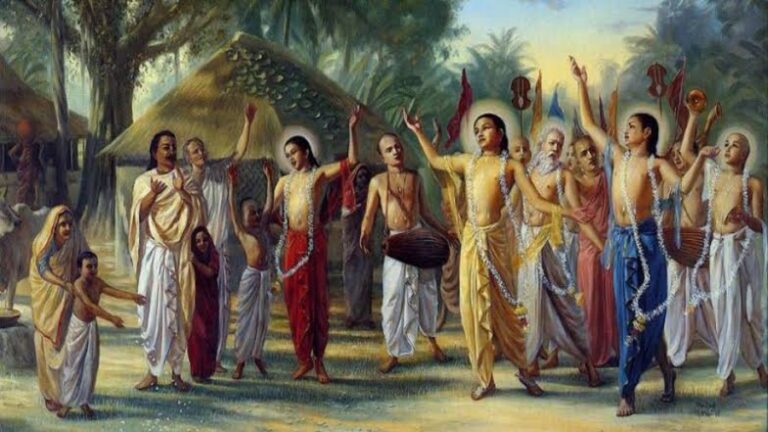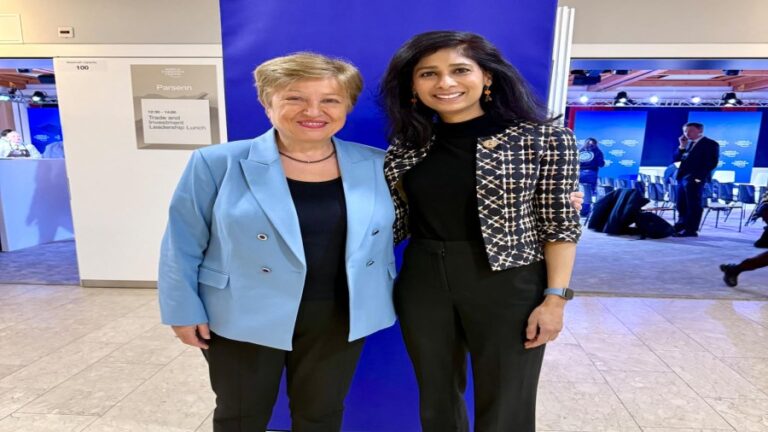
On 28th June, 2025, Assam CM Himanta Biswa Sarma had set off a political storm by demanding the removal of the words “secularism” and “socialism” from the Preamble of the Indian Constitution. Speaking to media personnel at Vajpayee Bhawan in Guwahati, Assam, Sarma had stated that these terms were forcibly added during the Emergency in 1976 by then Prime Minister Indira Gandhi and do not reflect India’s original constitutional values.

Sarma claims that “secularism” in the Indian context should mean equal respect for all religions, not the Western model of strict separation between religion and state. He insists that India’s existing constitutional guarantees like Article 14, which ensures equality before the law, are sufficient to protect religious freedoms without exclusively labeling the state as “secular.”
On “socialism,” Sarma bluntly stated that India never truly embraced it. He called it an outdated and failed ideology that held back the country’s economic progress. He advocates for a free-market economy, reduced government interference, and a stronger role for private enterprise.
Sarma’s remarks align closely along with the ideological stance of the BJP and the RSS, both of which have long opposed the inclusion of “secular” and “socialist” in the Preamble. Supporters argue that these words were never part of the original 1950 Constitution and were inserted for political reasons during the Emergency.
Critics, however, warn that removing these terms could cause harm to the inclusive foundation of the Republic of India. They maintain that it’s a step toward reshaping the Constitution to fit a narrow, majoritarian vision of the nation.
By openly calling for this so-called “deletion”, Sarma has directly challenged decades of political debates and reopened a divisive discussion about the nature of the Indian state.
In simple terms, Secularism means the government doesn’t support or favour any one religion. It treats all religions equally and gives people the freedom to follow any faith or none at all. In the West, secularism also means keeping religion completely separate from government.
Assam CM Himanta Biswa Sarma believes this version of secularism doesn’t align with the beliefs and the reforms of India. He says India follows the idea of “Sarva Dharma Sama Bhava”, which means equal respect for all religions. This, he says, is a true Indian concept that promotes harmony among different faiths. According to him, the western idea of separating religion and government goes against Indian culture therefore he wants the word “secular” removed from the Constitution’s Preamble.
Sarma raises concerns about the legitimacy and relevance of including the word “socialist” in the Constitution.
Socialism is the idea that the government should control major parts of the economy to reduce inequality and support the poor. It involves public ownership of industries and more government services.
The CM had also gone on to state that socialism slowed down economic growth and held back private businesses. He supports a free-market system where private companies play a bigger role and the government steps back. In Assam, he has already made it clear that the state will not create more government-run companies.
Because of this position, Assam CM Himanta has called for both “secular” and “socialist” to be removed from the Constitution’s Preamble, boldly stating that they do not match India’s cultural and economic values. His comments have sparked a national debate about whether these ideas still belong in modern India which brings us to the question—
Is the nation moving away from progress in adapting to contemporary times?
For more such articles, stay tuned at The World Times.



